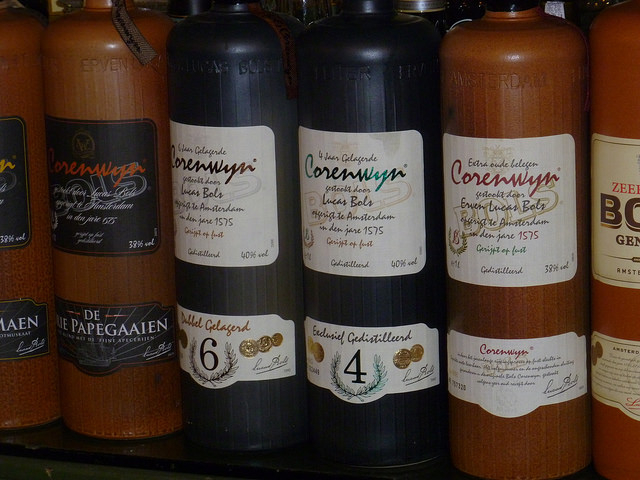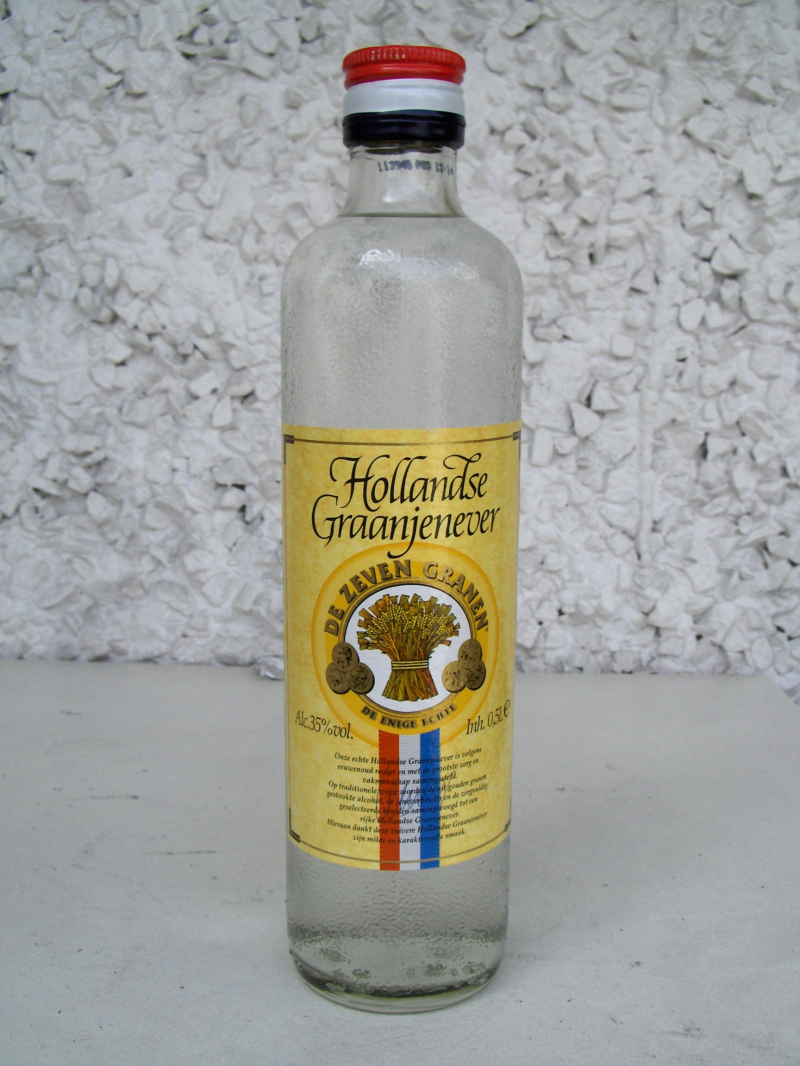Jenever
The traditional juniper-flavored alcoholic beverage known as jenever is popular in the Netherlands, Belgium, and neighboring regions of northern France and northwestern Germany. Genever, which is also spelled "jenever," is described by Palmer as "a sweeter, maltier ancestor of gin that tastes like returning in time." For full authenticity, this Dutch-born beverage, which is distilled using malt wine and juniper, can only be produced in Holland and Belgium.
There are two varieties of jenever: jonge (young) and oude (old). This has more to do with distilling methods than aging. Around 1900, it was possible to distill a premium sort of alcohol that was practically flavorless, regardless of the spirit's place of origin. In Scotland, blended whisky was developed, and in the Netherlands, Jonge Jenever, due to a global trend toward a lighter, less overpowering flavor and lower prices.
The flavor of jonge jenever is similar to that of vodka, and it has a faint juniper and malt wine scent. The flavor of oude jenever is smoother, more fragrant, and maltier. Sometimes aged in wood, oude jenever has a whisky-like flavor profile of malt, wood, and smoke. Different grains used in the production process, including rye, barley, wheat, and spelled, result in various flavors of jenevers. The taste is sometimes enhanced by adopting barrels previously used for American whiskey.
Origin: Netherlands and Belgium



















